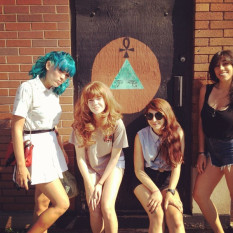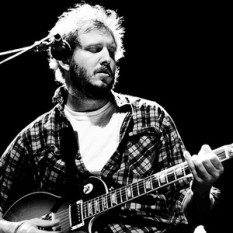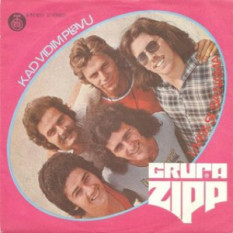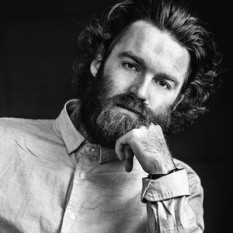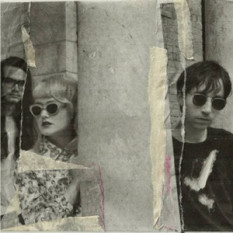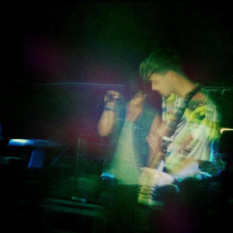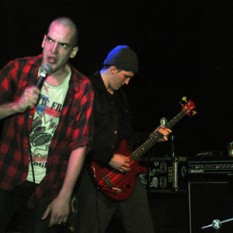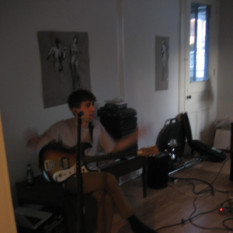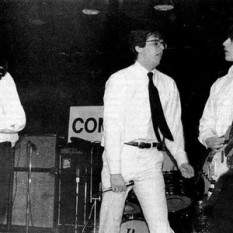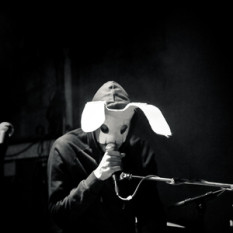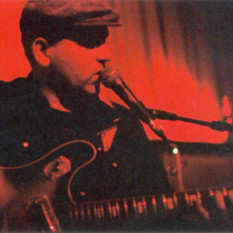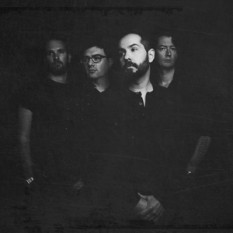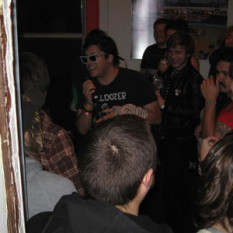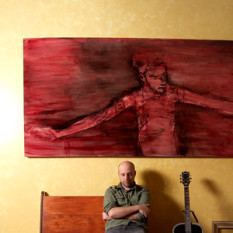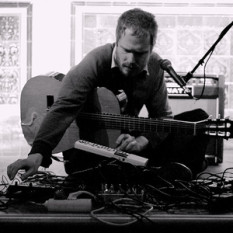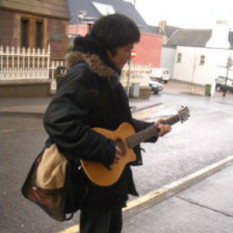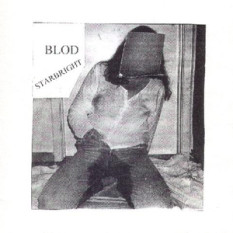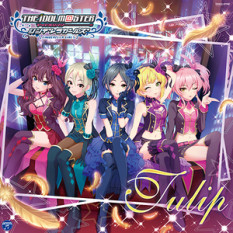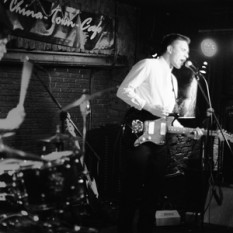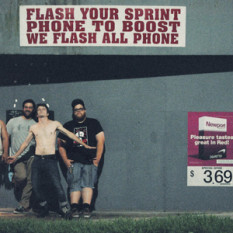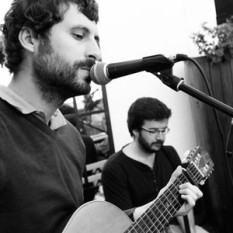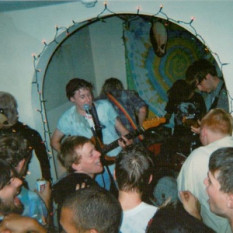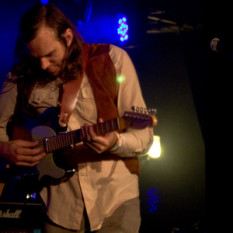Lo-fi is an aesthetic in music production which uses low fidelity recording practices. Its use is usually due to the artist's financial limitations. Many lo-fi artists use inexpensive cassette tape recorders for their music. The term was coined by WFMU DJ William Berger who dedicated a half hour segment of his program to home record music throughout the late '80s under the name Lo-fi....
As a term to describe a musical genre, lo-fi is mainly associated with recordings from the 1980s onwards, when cassette technology such as Tascam's four-track Portastudio became widely available. Prime early exponents included Daniel Johnston, New Zealand bands such as the Tall Dwarfs, who recorded on Chris Knox's 4-track and released on Flying Nun Records, and Beat Happening and the Olympia, Washington label K Records. In the early-mid 1990s, Lo-fi found a wider audience with the success of such acts as The Apples in Stereo, Beck, Sebadoh, Guided By Voices, Pavement, Liz Phair, Will Oldham, Smog, Yo La Tengo, David Kilgour (musician) and (later) Elliott Smith.
Often lo-fi artists will record on old or poor recording equipment, ostensibly out of financial necessity but also due to the unique aural association such technologies have with "authenticity", an association created in listeners by exposure to years of demo, bootleg, and field recordings, as well as to older pop studio recordings produced more simply. The growth in lo-fi coincided with the growth of extreme slickness and polish associated with the multitrack pop recording techniques of the 1980s.
Many artists associated with the lo-fi movement, such as Bill Callahan, or Bob Log III, have frequently rejected the use of finer recording equipment, trying to keep their sound raw instead, whereas others such as Guided by Voices and The Mountain Goats slowly moved to using professional studios.
Many new acts are bringing lo-fi production back in to use. These bands are often grouped under the genre "noise pop", these bands include No Age, Wavves, Crystal Stilts, Titus Andronicus and The Pains of Being Pure at Heart.
The black metal genre embraced the lo-fi idea during the late 1980s and early 1990s as it strived to distance itself from pop music. Most bands recorded their albums on extremely low budgets, using four-track recorders and any other equipment they could use. The greatest example is the Darkthrone album Transilvanian Hunger.
Early Industrial music was typically lo fi by nature. To create a raw 'industrial' sound.
Anti-Folk is also a notable genre to use lo fi. .

